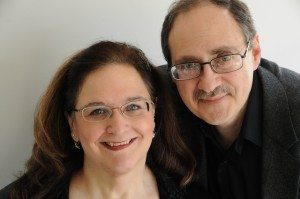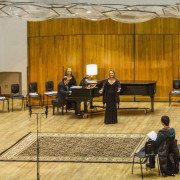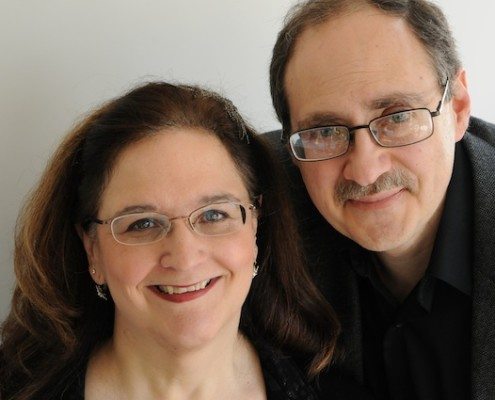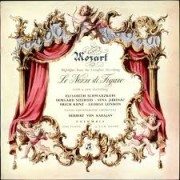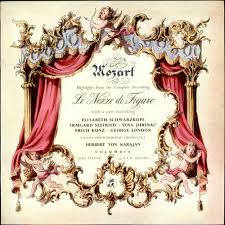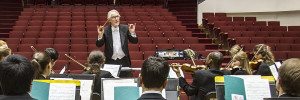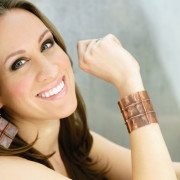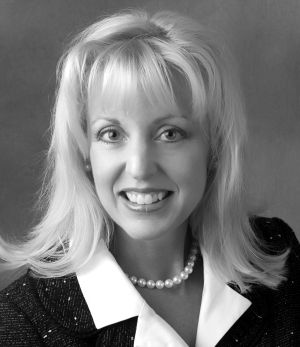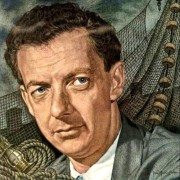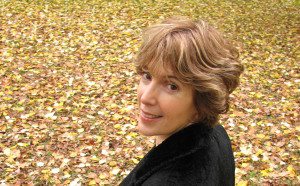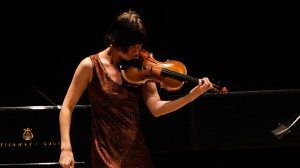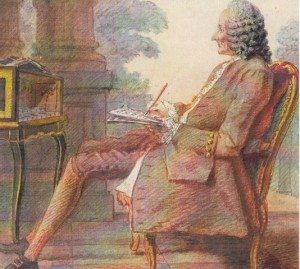Shakespearian Opera with Pop Art and Go-go boots!
University Opera’s outside-of-the-box production of Benjamin Britten’s A MIDSUMMER NIGHT’S DREAM evokes the 1960s world of Andy Warhol
This fall, University Opera steps outside the proverbial box, setting Benjamin Britten’s adaptation of Shakespeare’s A Midsummer Night’s Dream at The Factory, Andy Warhol’s famous (or perhaps infamous) studio, in the mid-1960s. Three performances of Britten’s evocative, colorful opera will be presented at the Music Hall on the UW-Madison campus on November 15 at 7:30pm, November 17 at 2:00pm, and November 19 at 7:30pm. The Mead Witter School of Music’s new Director of Orchestral Activities, Oriol Sans, will conduct the UW-Madison Symphony and Karen K. Bishop Director of Opera, David Ronis, will direct the production.
The magical plot of Midsummer revolves around the adventures of four lovers and six “rustics,” or “rude mechanicals,” all manipulated by a group of fairies. It features the machinations of Oberon, King of the Fairies, trying to get even with his queen, Tytania, with whom he is at odds. While the rustics prepare to perform at the wedding of Theseus and Hippolyta, Oberon also attempts to influence the love interests of four young people. Mistakes are made, and the lovers’ allegiances are thrown into confusion. But in the end, all is resolved as those assembled for the wedding enjoy the rustics’ performance of the hilarious “Pyramus and Thisby” play.
Britten and his partner, Peter Pears, masterfully crafted the libretto for A Midsummer Night’s Dream from Shakespeare’s iconic play, trimming the text and re-ordering some scenes. The result is a beautifully balanced, atmospheric yet playful musical version of Shakespeare’s play that regularly delights audiences.
The UW-Madison production imagines Oberon as a kind of Andy Warhol character, and his kingdom as Warhol’s workspace/playspace, The Factory. Some of the other characters are loosely modeled on those who were active in Warhol’s world. Tytania is inspired by Edie Sedgwick, Puck resembles Ondine, one of the Warhol Superstars, and the lovers are artists employed at The Factory. The “mechanicals” are depicted as a hodgepodge group of misfit blue collar workers, Warhol wannabes, who come together as an avant-garde theater troupe. The stories of the fairies, lovers, and mechanicals converge at the wedding of Theseus and Hippolyta who, in this setting, are arts philanthropists whose wedding takes place at, naturally, The Factory.
The large cast features countertenor Thomas Aláan as Oberon and Amanda Lauricella alternating with Kelsey Wang as Tytania. Puck will be played by Michael Kelley and the Boy, “Damon,” by Tanner Zocher. Of the four lovers, the role of Helena will be split between Jing Liu and Rachel Love; Chloe Agostino and Julia Urbank will alternate as Hermia; Benjamin Liupaogo and DaSean Stokes will take on Lysander; and Kevin Green will appear in all the performances as Demetrius. The “mechanicals” will be played by James Harrington (Bottom), Jake Elfner (Quince), Thore Dosdall (Flute), Jack Innes (Starveling), Jeffrey Larson (Snout), and Benjamin Galvin (Snug). The ensemble of fairies will include Miranda Kettlewell (Cobweb), Lauren Shafer (Mustardseed), Madelaine Trewin (Moth), and Brooke Wahlstrom (Peaseblossom) as well as Chloé Flesch, Angela Fraioli, Maria Marsland, and Maria Steigerwald. Hippolyta will be played by Lindsey Meekhof and UW-Madison Professor of Voice, Paul Rowe, will sing the role of Theseus.
The production will be designed by Greg Silver (also the Technical Director) with lighting by Kenneth Ferencek. Sydney Krieger and Hyewon Park will be the costume designers; Jennifer Childers, the props designer; Lindsey Meekhof, the assistant director; and the production stage manager will be Sarah Luedtke. Others on the production staff include Benjamin Hopkins, operations manager for University Opera; Alice Combs, master electrician; assistant electrician Rachael Wasson; assistant stage managers Grace Greene and Cecilia League; and Ashley Haggard and Kelsey Wang, costume assistants.
The public is invited to a pre-performance panel discussion which will take place:
November 17, 2019
12:30 – 1:20pm
Music Hall
Free Admission
On the panel will be:
Joshua Calhoun – Associate Professor of English, UW-Madison
Steffen Silvis – Ph.D. Candidate in Interdisciplinary Theatre Studies, UW-Madison
Douglas Rosenberg – Professor of Art, UW-Madison
David Ronis – Karen K. Bishop Director of Opera, UW-Madison
Susan Cook, Director of the Mead Witter School of Music, Moderator
Tickets are $25.00 for the general public, $20.00 for senior citizens and $10.00 for UW-Madison students, available in advance through the Campus Arts Ticketing office at (608) 265-ARTS and online at http://www.arts.wisc.edu/ (click “box office”). Tickets may also be purchased in person (at the Wisconsin Union Theater Box Office Monday-Friday, 11:30 a.m.-5:30 p.m. and Saturdays, 12:00-5:00 p.m. and the Vilas Hall Box Office, Monday-Friday, 11:30 a.m.-5:30 p.m., and after 5:30 p.m. on University Theatre performance evenings) or at the door beginning one hour before the performance. The Carol Rennebohm Auditorium is located in the Music Hall, at the foot of Bascom Hill on Park Street.
University Opera is a cultural service of the School of Music at the University of Wisconsin-Madison whose mission is to provide comprehensive operatic training and performance opportunities for our students and operatic programming to the community. For more information, please contact opera@music.wisc.edu. Or visit the School of Music’s web site at music.wisc.edu.


